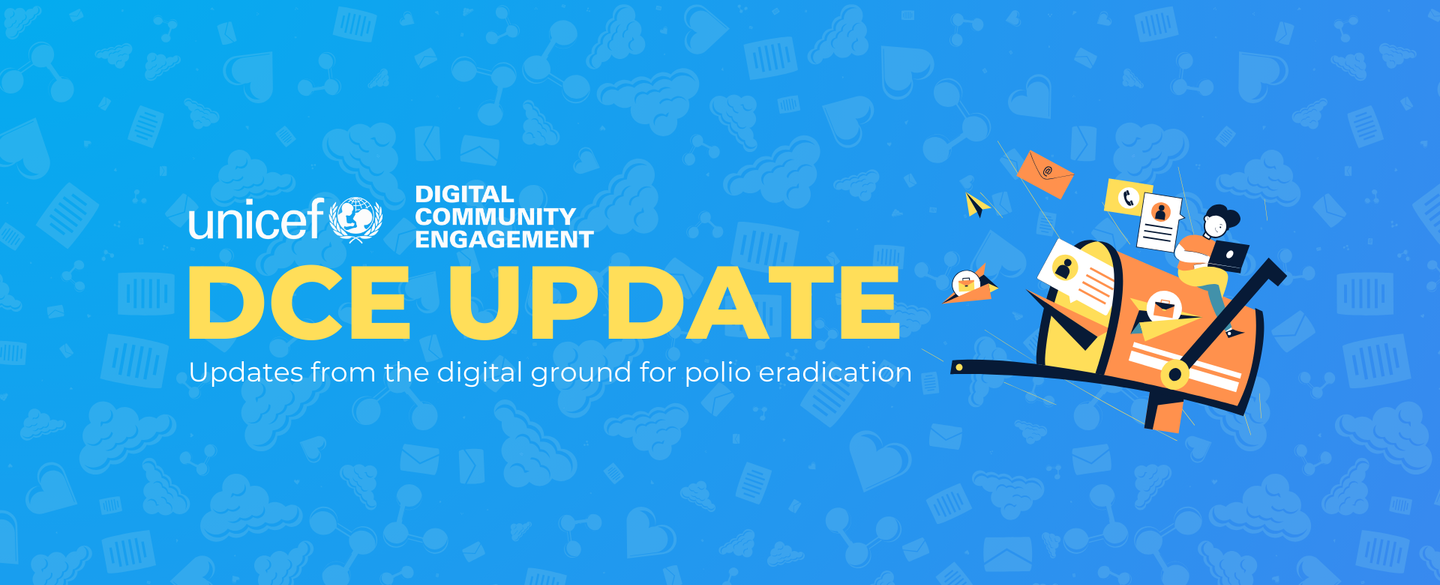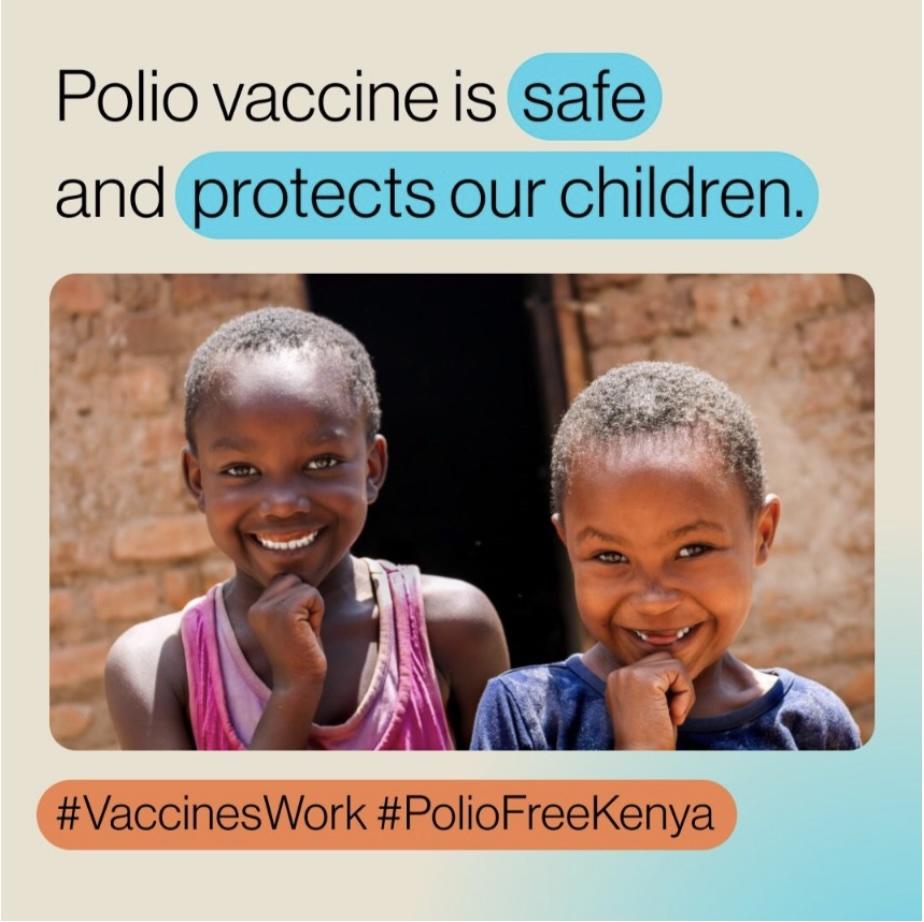INTRODUCING YOUR NEW DIGITAL ENGAGEMENT DIGEST
Welcome to the first issue of the Digital Community Engagement (DCE) Monthly Newsletter—your new one-stop hub for staying current on all things digital in polio eradication and public health.
Every month, we’ll deliver real-time insights from the field, spotlight high-impact campaigns, share emerging digital trends (including AI), and equip you with tools that support strategic action. Whether you're tackling misinformation or crafting digital outreach, this newsletter is designed to keep you informed and empowered.
We’re just getting started and your feedback will help us improve with each issue.
Let’s keep building a smarter, more connected approach to digital engagement—together.

Adnan Shahzad
Digital Community Engagement Manager,
UNICEF NY HQ
Want to know more about DCE?
Join our monthly webinars or connect with the team directly to learn more about digital engagement and social listening tools.
Available to UNICEF staff and partners.
Join the DCE Community
Be the first to get monthly insights, tools, and real-time updates on digital engagement and polio response.
HIGHLIGHTS: WHAT’S DRIVING IMPACT
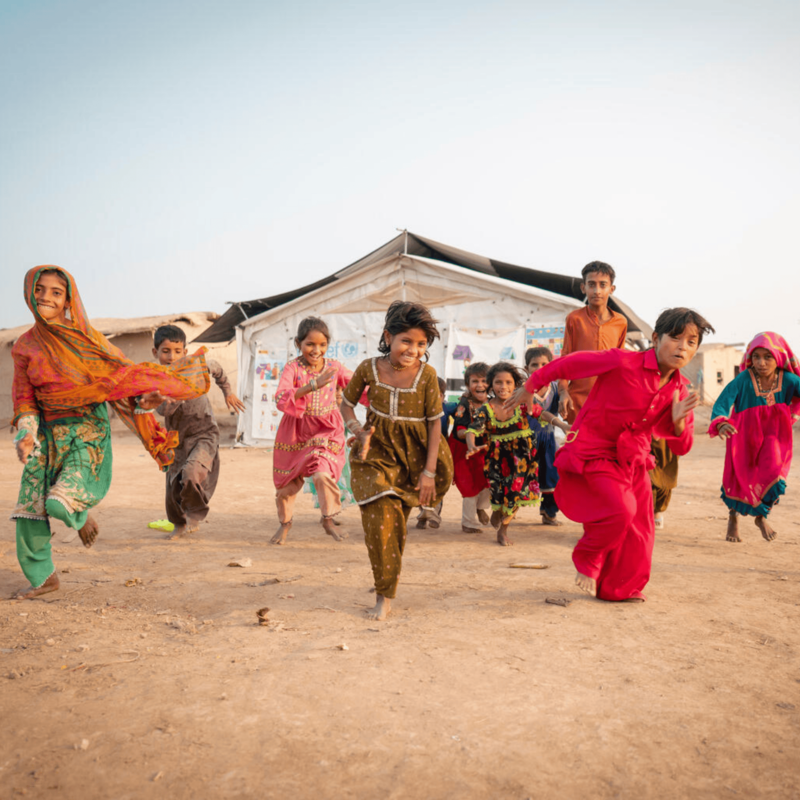
Pakistan
A new DCE campaign targeting 5M people will launch on April 18, aligned with the NID. Focused on high-risk districts, it will use digital messaging to boost awareness, counter misinformation, and engage caregivers.
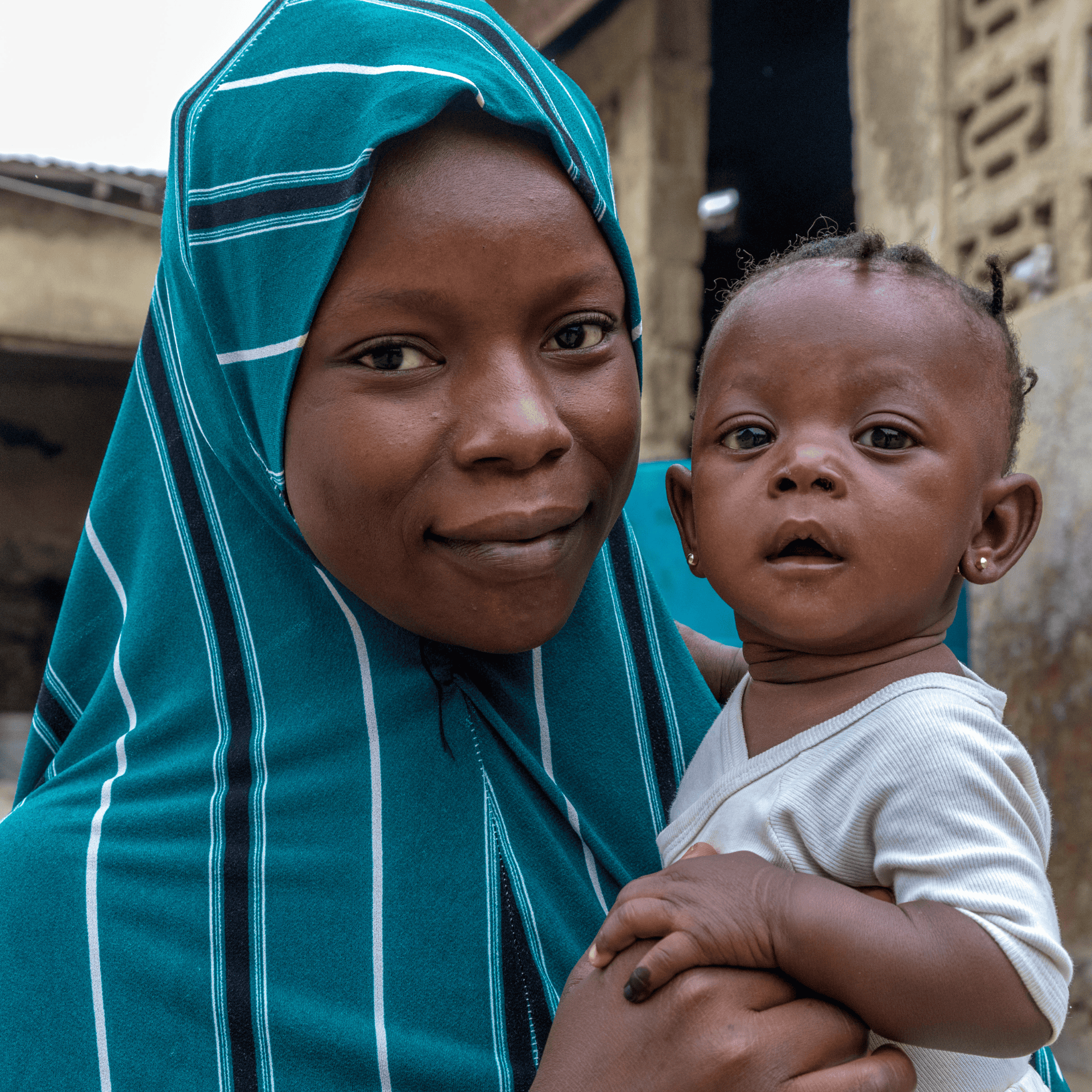
Lake Chad Basin
Five coordinated DCE campaigns will roll out from April to June across CAR, Cameroon, Chad, Niger, and Nigeria—focusing on synchronized messaging to improve preparedness and trust.
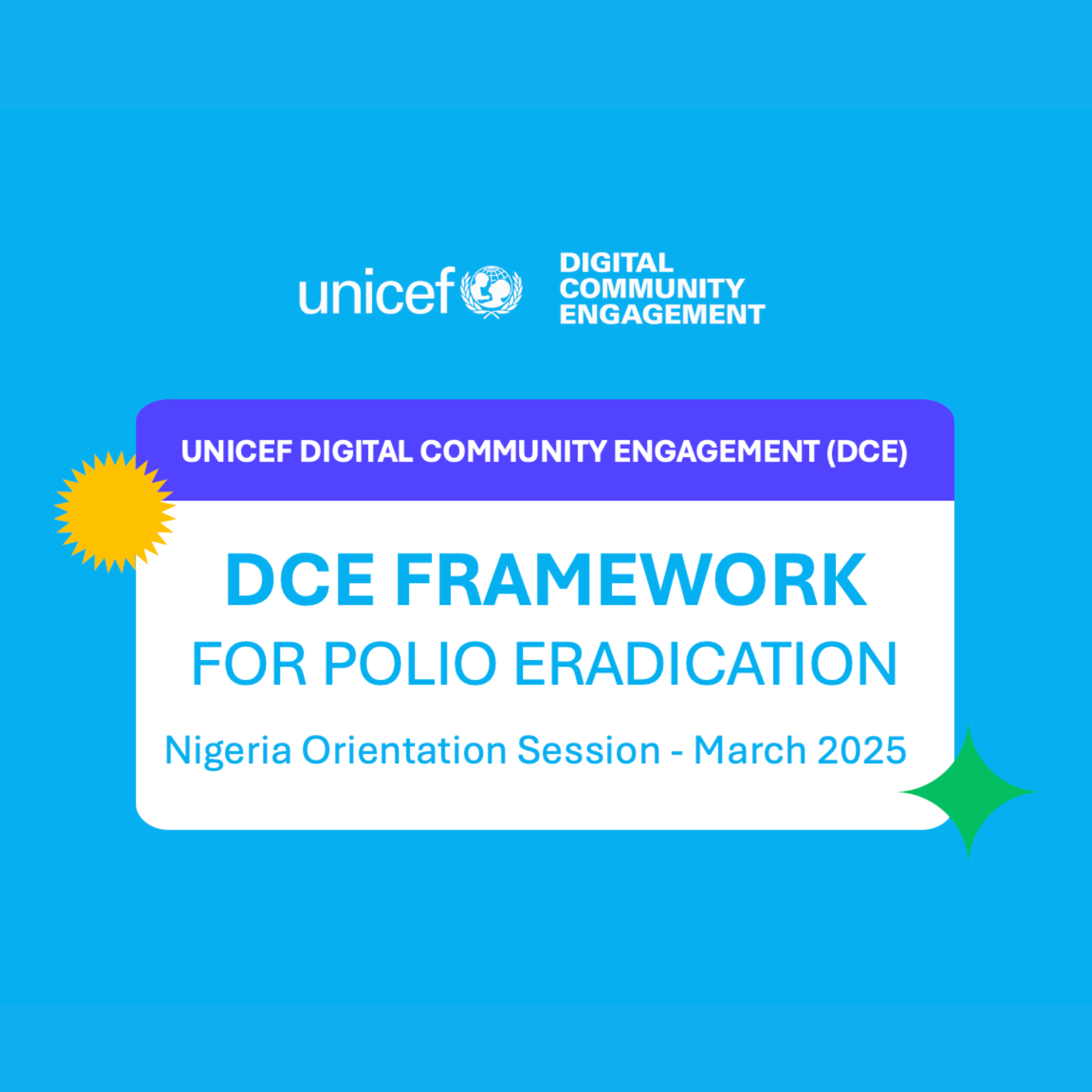
Strengthening Skills for Impact
In March, the DCE team led two key sessions. In Nigeria, 89 UNICEF, government, and GPEI partners joined an online training on digital engagement basics, while DCE specialists explored advanced use of tools for data-driven insights.
DATA ANALYTICS: KENYA DCE CAMPAIGN
Kenya’s digital campaign went beyond its targets, using a mobile-first strategy to reach caregivers in high-risk areas. The messaging focused on what mattered most: the vaccine is safe, available, and nearby.
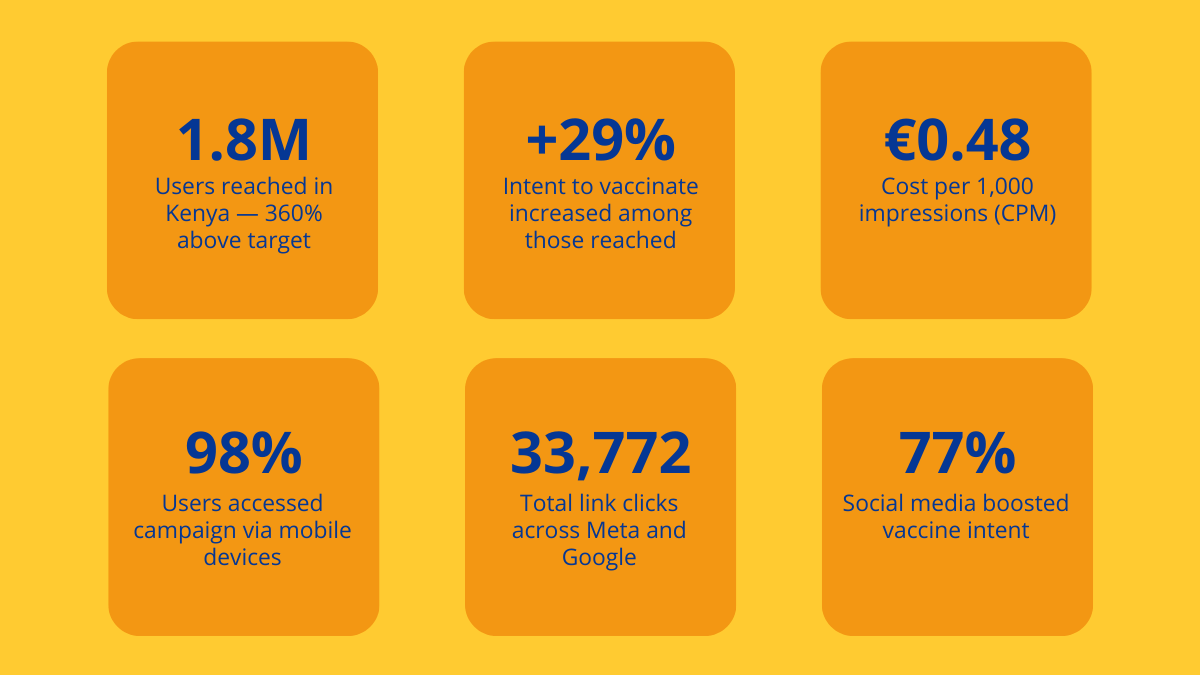
VOICES: REAL PEOPLE, REAL IMPACT

Ny Hasina Ramahenina, DCE Specialist with the UNICEF Polio Outbreak Response Team, emphasizes how local voices—whether community leaders or trusted news sources—play a pivotal role in building vaccine confidence.
“When community members share vaccine information online, trust builds and misinformation loses its hold.”
POLIO PULSE INSIGHTS: TRENDING NARRATIVES
This month’s top narratives highlight how fast misinformation travels—and how deeply it can influence vaccine decisions. From viral denial content to geopolitical rumors, we’re tracking the conversations shaping public trust in polio vaccines. Explore the summaries below, and visit Polio Pulse for real-time insights to support your decisions, messaging, and field response.
🎥 Viral Content
📣 Conspiracy & Misinformation
Stay ahead of the curve
Polio Pulse gives you real-time access to the latest rumors, risks, and narratives shaping polio vaccine acceptance. Use it to monitor trends, inform your strategy, and respond faster—wherever you work.
RESOURCES: YOUR DCE ESSENTIALS
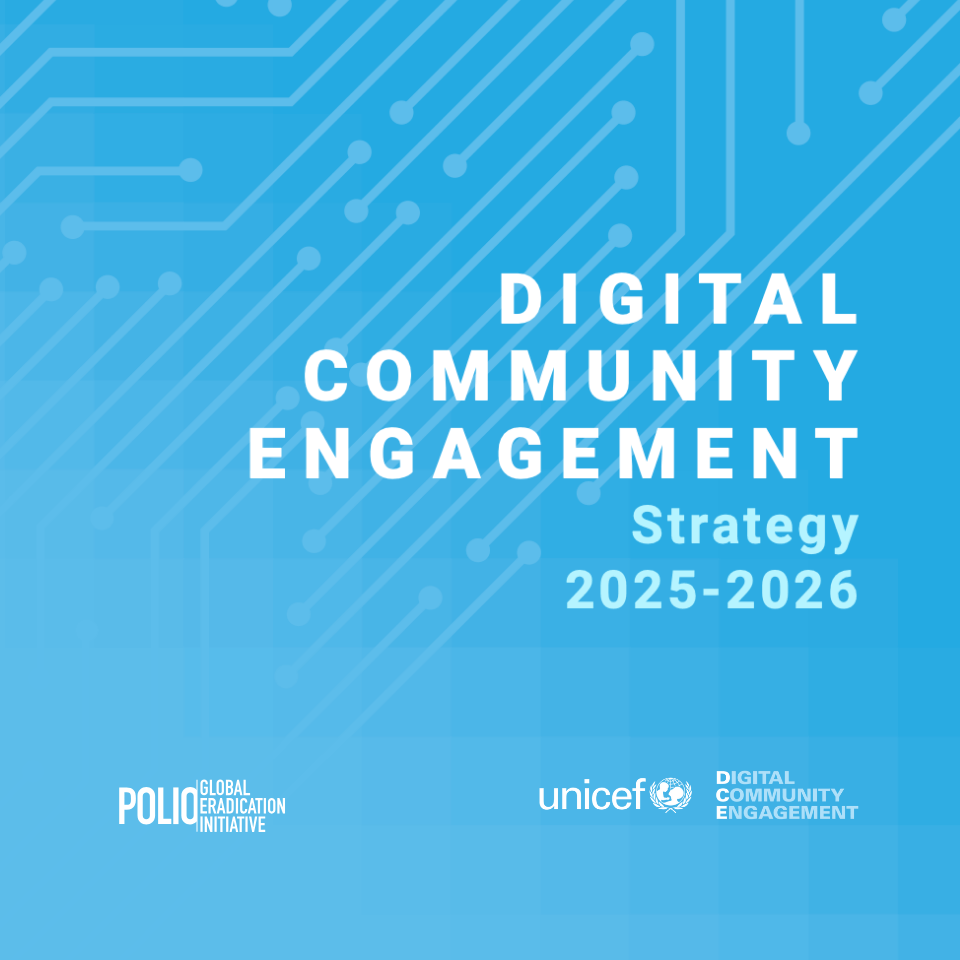
DCE Strategy 2025–2026
Our north star for DCE. The strategy outlines five key pillars—from debunking misinformation to empowering digital volunteers—to guide how we engage communities and respond in real time.
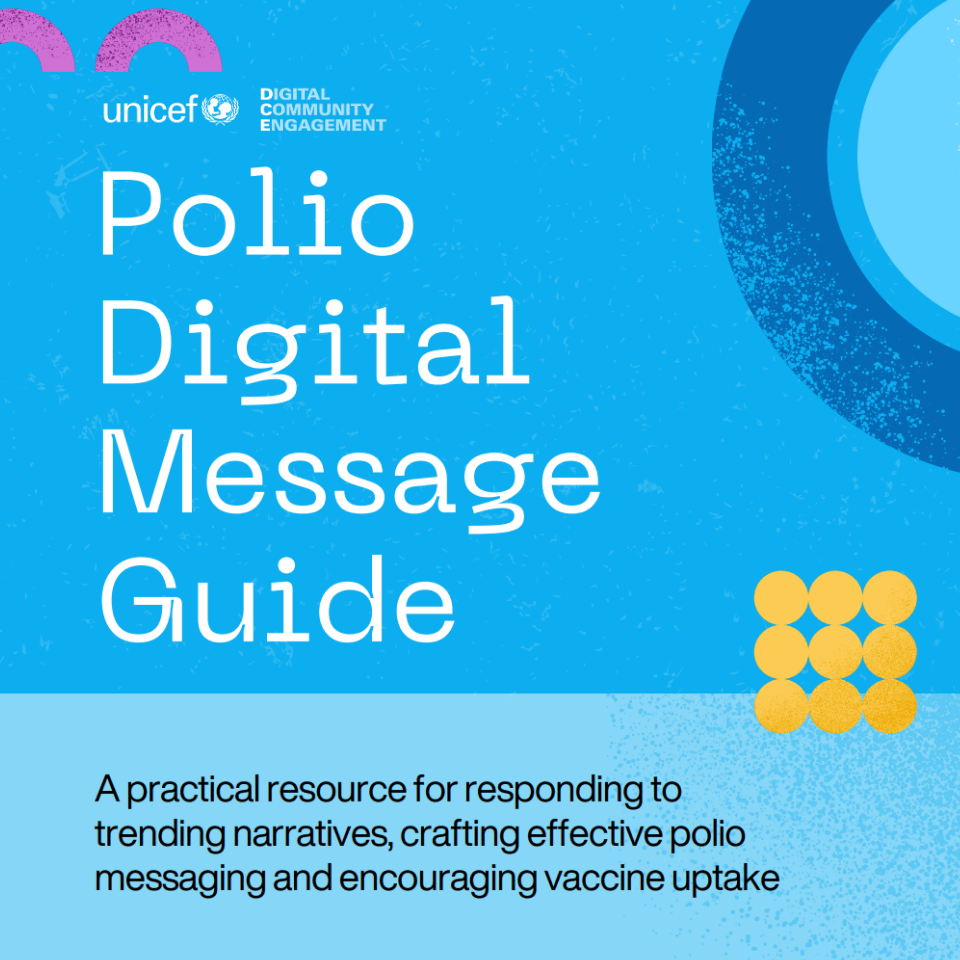
Polio Digital Message Guide
A hands-on guide to help you respond to polio misinformation online. Includes risk assessment tools, sample messages, and tips for turning social listening insights into content that works.
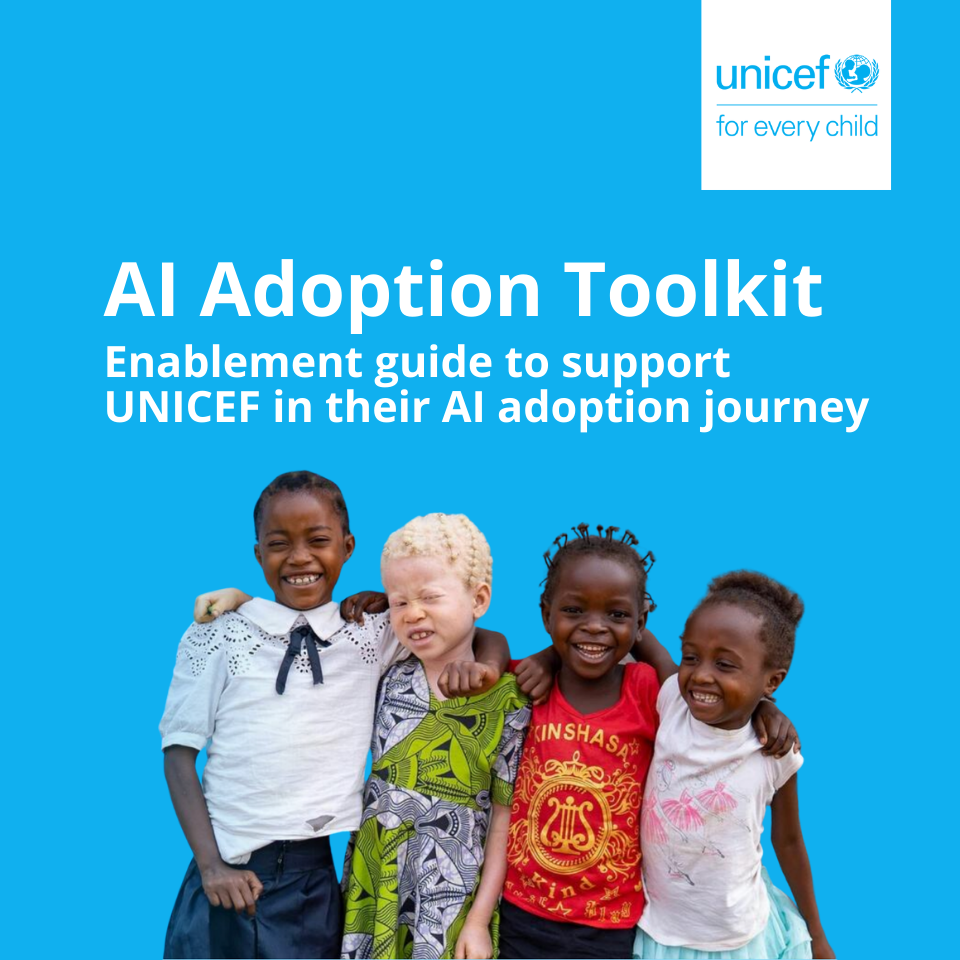
AI Adoption Toolkit
A practical toolkit to help UNICEF teams safely and confidently integrate AI into everyday work. Includes role-based guidance, learning tracks, and templates for planning and communications.
Stay in touch with the DCE team
Have input, questions, or something to contribute?


